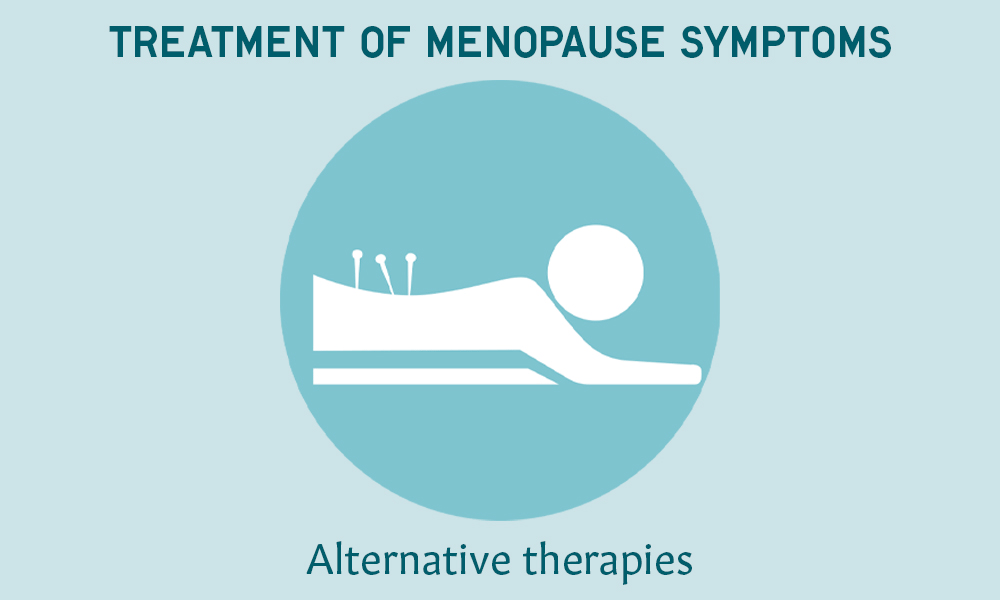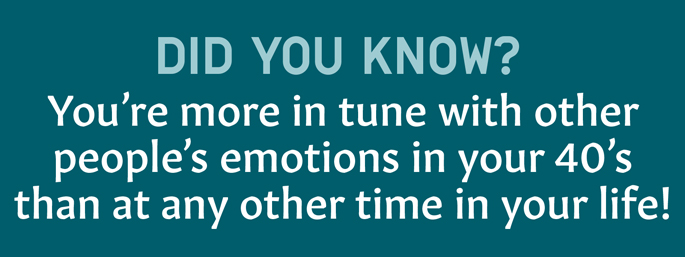Menopause
Menopause is a natural biological process that marks the end of a woman's reproductive years. It is defined as the absence of menstrual periods for 12 consecutive months. During menopause, hormone levels decrease, causing physical and emotional changes such as hot flushes, mood swings, and vaginal dryness. It typically occurs in women in their late 40s to early 50s but can happen earlier or later.
Going through menopause can be scary, but the good news is that no one needs to go it alone. Help is available; the more knowledge, the more in control people feel. #ownyourmenopause
Women need to have knowledge on menopause so they can understand the changes their bodies are going through and how to manage symptoms.
Knowledge about menopause can help women make informed decisions about their health and seek appropriate medical care. Understanding menopause can also reduce stigma and increase support for women going through this natural transition.
Ageing can be a positive experience that brings wisdom, fulfilment, and new opportunities. With age comes a greater sense of self-awareness and appreciation for life's simple pleasures. Older adults often have a strong support system of family and friends, and can be valued members of their communities.
Age can also bring a sense of liberation and freedom from societal expectations. Many find joy in sharing their experiences and knowledge with younger generations and pursuing new hobbies and interests. Ageing can be a time of growth, learning, and meaningful connections.
Ageing Well
Knowing about hypertension and its risk factors, as well as how to manage and control it, is crucial for maintaining good cardiovascular health as you age. This includes changes such as eating healthily, staying physically active, and reducing stress.
After hip replacement surgery, exercises are important for a successful recovery. Exercising can help to improve overall physical fitness and prevent future injuries.
Carpal tunnel syndrome is a condition that can make everyday tasks difficult and affect overall quality of life. Knowing about the symptoms can help individuals reduce the risk of further damage and allowing for a better quality of life.
Exercises are an important part of managing hand and wrist osteoarthritis. They help to improve range of motion, reduce stiffness, and increase strength in the affected joint.
Using our exercise leaflets can help you to recover quickly and safely from your condition and aid you in living your life!
Urinary incontinence is the involuntary leakage of urine. It can be caused by weakened pelvic floor muscles, nerve damage, certain medications, or other underlying medical conditions.
It can be a distressing and embarrassing problem, but there are treatments available, including lifestyle changes, pelvic floor exercises, and medication, that can help manage or alleviate symptoms.
A heart-healthy diet is important for maintaining good cardiovascular health. Such a diet should include fruits, vegetables, whole grains, lean proteins, nuts and seeds, foods high in fibre and omega-3 fatty acids.
These foods can help reduce the risk of heart disease, lower blood pressure and cholesterol levels, and promote overall health and wellness.
Lower back pain is a common ailment that affects people of all ages. It can be caused by a variety of factors, such as poor posture, muscle strain or injury, or underlying medical conditions. Treatment options include rest, physical therapy, pain medication, and lifestyle changes.
Maintaining good posture, regular exercise, and a healthy weight can help prevent lower back pain.
Type 2 diabetes is a chronic condition that affects how the body metabolises sugar. It is often caused by factors such as obesity, physical inactivity, and poor diet. Treatment options include medication, insulin therapy, and lifestyle changes such as healthy eating and regular exercise.
Managing blood sugar levels is key to preventing complications such as nerve damage, kidney disease, and vision problems.

















